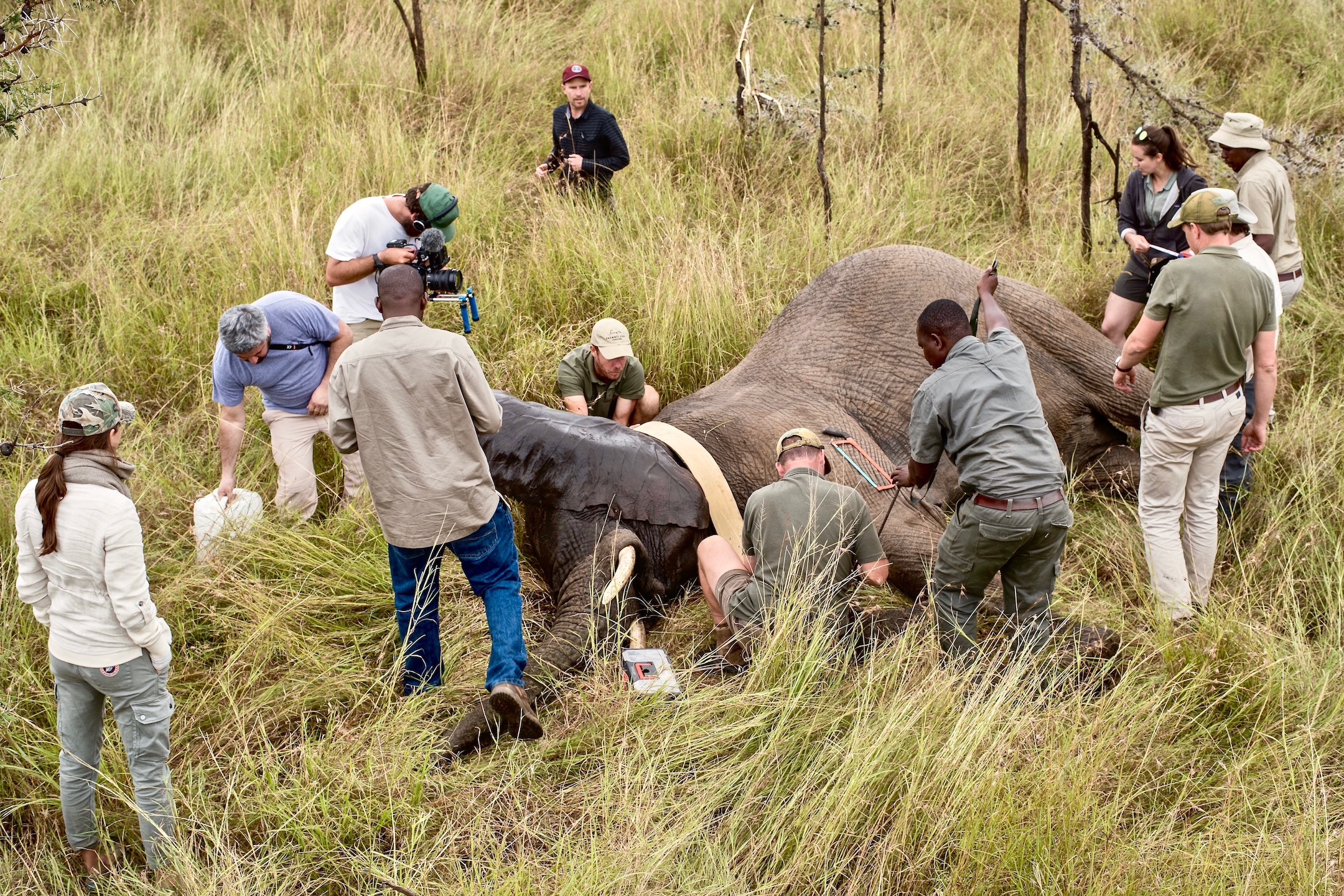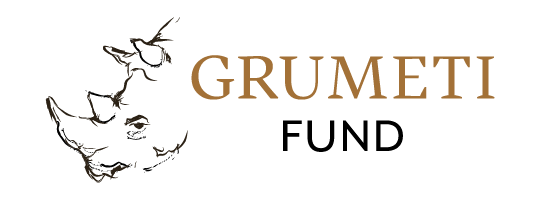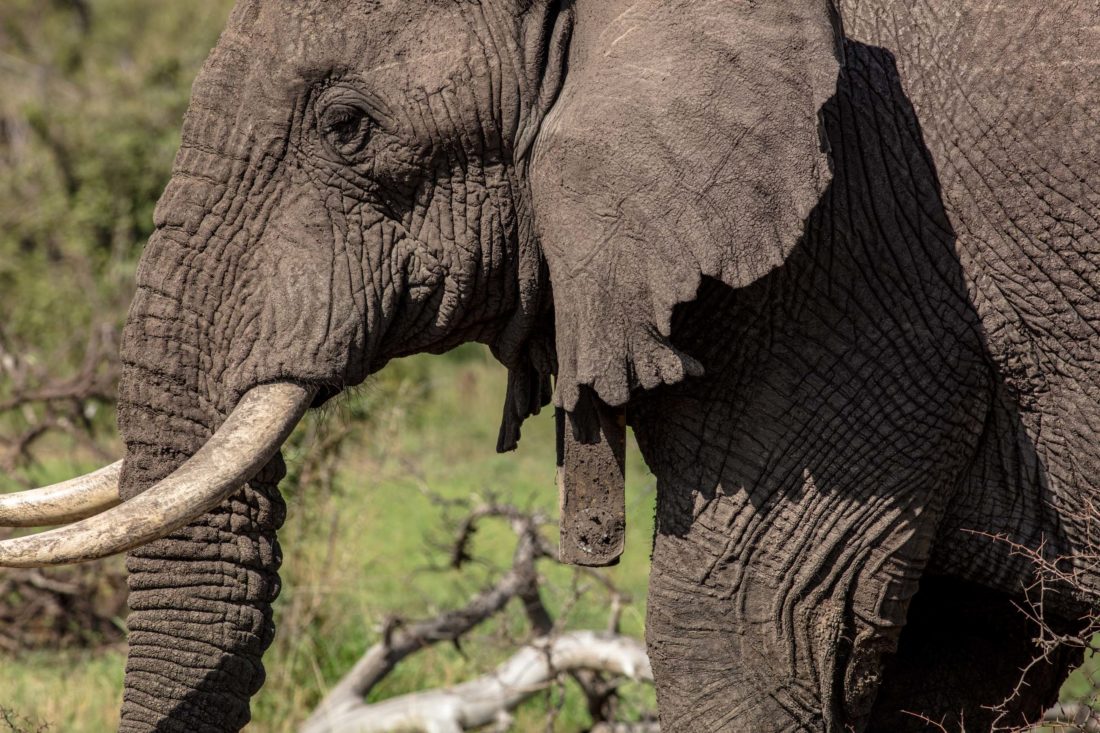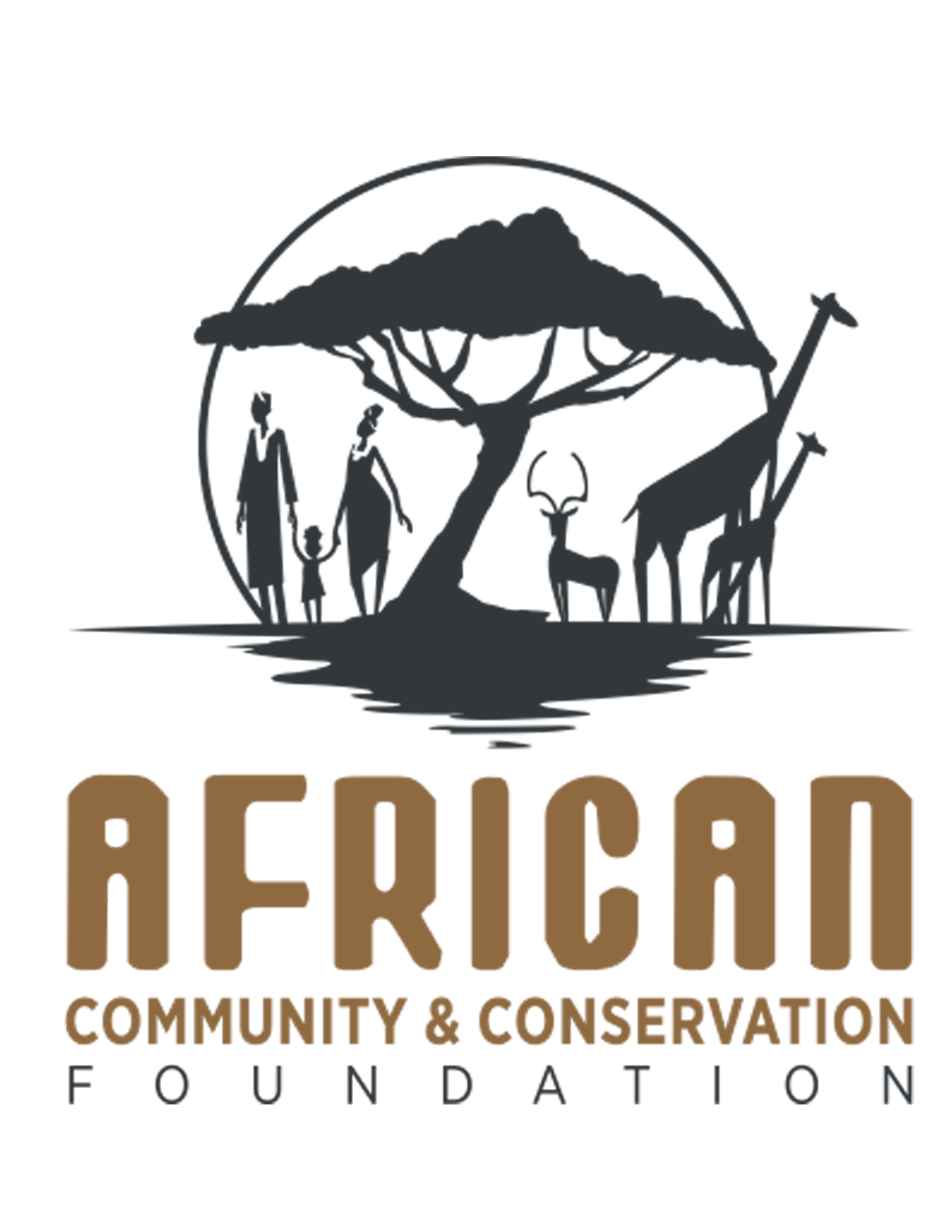Elephant Collaring – Phase One

The Grumeti Fund, in partnership with Singita, is excited to offer unique opportunities for like-minded philanthropists to join us on the ground as we implement key conservation and community development projects. To kick off, in February and March this year, we opened our doors to two small groups of guests who joined us during the first phase of a human wildlife conflict elephant collaring project. The Grumeti Fund, with a team of expert wildlife veterinarians and six guests fitted 12 elephants with remote download GPS collars, in an effort to better protect the people and elephants of this area.
Human wildlife conflict is one the largest and most critical issues that the Grumeti Fund is addressing. By collaring select elephants we are able to gain a better insight into the movements and behavior intricacies of these magnificent animals. Our primary focusing being on when and where they leave the protected area toward people’s homes and crops. This important project is part of a multi-faceted approach aimed at reducing the number of human wildlife conflict incidences that are occurring on the boundary of the protected area. By placing remote download GPS collars on elephants (six bulls and six cows) that were found along the protected area and community interface, we are able to monitor the elephants’ movements and to create virtual fences, called geo-fences, that trigger an alarm when they are crossed by the collared elephants. This allows our team on the ground to assist by alerting communities to which the elephants are headed or by deploying our human wildlife conflict mitigation unit to assist in moving the elephants back into the protected area.

Over the course of two weeks six guests worked alongside our team of conservationists, veterinarians, scientists and helicopter pilot to collar the 12 elephants. This proactive solution to a very real conservation and community development issue was executed in partnership with specialists. We were grateful to have two wildlife veterinarians from TAWIRI leading from the darting side as well as helicopter pilot Marc Goss from the Mara Elephant Project. A select group of guests worked alongside the vets and our team on the ground. Their contributions allowed this project to take place and their newfound conservation knowledge is invaluable, as they carry home stories and information from their experience. The guest’s upbeat attitudes and hands on involvement during the operation was greatly appreciated and made the project really fun!


We look forward to sharing stories of the successes that result from the collaring of these “problem” elephants. We envisage that this project will help move elephants away from people’s crops and be a positive part of protecting the livelihoods of surrounding communities as well as protecting elephants from human persecution at the hands of irate farmers. As identified recently by a group of 16-year-old students at the Grumeti Fund’s Environmental Education Center, where Head Ecologist Noel Mbise was explaining the collaring project, we need to put more collars on more elephants to have a wider impact. They are exactly right. This is why we are aiming to carry out phase two of this collaring project later in 2018 when we will fit 18 more elephants with remote download GPS collars. With a local elephant population that has increased fourfold since the Grumeti Fund’s inception, we want to continue to protect these vulnerable yet extremely intelligent animals and create a safe haven for them to roam, whilst simultaneously limiting the negative impacts and fear burdening local communities.
 “I do not have the words to express how utterly extraordinary the whole experience was and how interesting, ground breaking and what a privilege it was to be with you. ”
“I do not have the words to express how utterly extraordinary the whole experience was and how interesting, ground breaking and what a privilege it was to be with you. ”
If you are interested in joining Singita and the Grumeti Fund in combining luxury travel with hands-on conservation or community development, email us: info@grumetifund.org

thank you @blackbeanproductions for your work capturing this project




